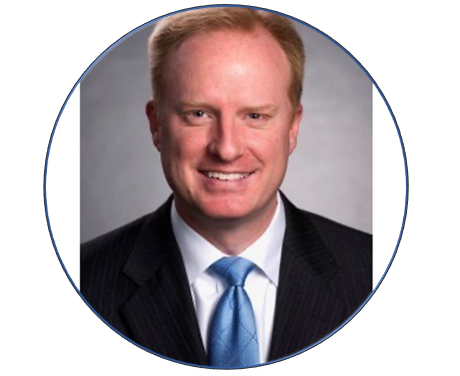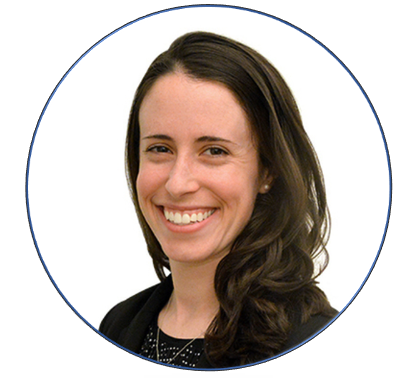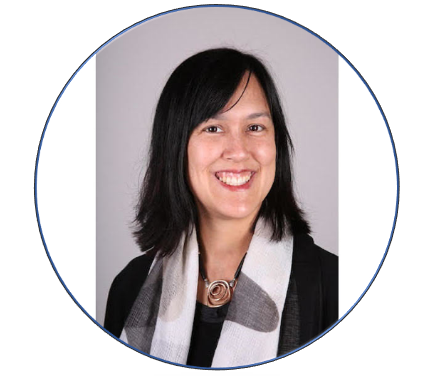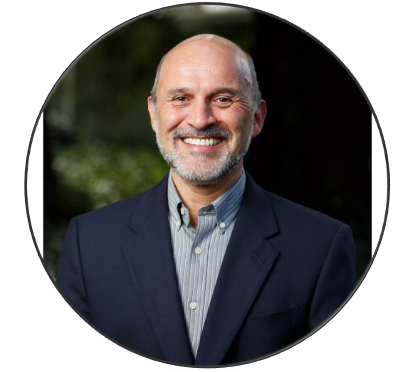Systems Thinking – Addressing Access, Costs and Quality Collectively
Posted in 2021 Panel Session | Tagged Systems Thinking
Panels on the theme of Systems Thinking prompted participants to explore the questions (2.1) How can colleges leverage their institutional identity/mission to encourage the cultural shifts necessary to spread change? (2.2) How are – or are not – funding trends in philanthropy, public funding, tuition, or investments supporting systems-level efforts? and (2.3) What does it look like when effective institutional strategies address cost, access, and quality simultaneously? and examine how traditional siloing of responsibility for access, quality and costs pose significant barriers for transformative change. The three panels represent potential solutions to consider.
2.1 How can colleges leverage their institutional identity/mission to encourage the cultural shifts necessary to spread change?
Video link: https://youtu.be/LeoHimQ3m7I
It is widely known that COVID 19 has disrupted higher education’s traditional outreach and enrollment process. Evidence shows that this has most heavily impacted low-income and disadvantaged students; Courtney McAnuff (7:00) and Keyana Scales (12:50) discuss their efforts to fight this issue and elaborate on their experience working with the Rutgers Future Scholars program and Xavier’s C.A.R.E. program as possible models in this area.
Courtney McAnuff Introduction 1:32 | Keyana Scales Introduction 2:56 | Courtney McAnuff Forecasted Change in College-Age Population 7:00 | Keyana Scales, Contextualizing Forecasted Changes 12:50 | Courtney McAnuff Discussion on Institutional Pipelines 25:08 | Keyana Scales, Xavier C.A.R.E. program 35:33
Panelists

Courtney McAnuff
Vice Chancellor for Enrollment Management
Rutgers University
Keyana Scales, M.Ed
Vice President for Enrollment Management
Xavier University
Nathaniel Holmes
(panel chair)
Assistant Provost for Student Success
Xavier University
Presentation slides
- McAnfff
- Scales
2.2 How are – or are not – funding trends in philanthropy, public funding, tuition or investments supporting systems level efforts?
Video link: https://youtu.be/8ep7TqyiJUM
This panel digs deeper into the nuances of funding trends at colleges and universities. While there has been a noticeable decline in funding and enrollment due to the pandemic, this aggregate data masks some of the effects on individual institutions and departments. To give a better picture of how this plays out, Archie Cubarrubia and Harrison Keller look at several case studies.
Panelists

Dr. Archie Cubarrubia
Deputy Director, Postsecondary Success,
Bill and Melinda Gates Foundation
Dr. Harrison Keller
Commissioner,
TexasHigher Education Coordinating Board
Emily Schwartz (panel chair)
Program Manager,
Ithaka S+R (American Talent Initiative)
Resources
- Post Secondary Value Commission
- The Gates’ Foundation’s The Frontier Set
- Thurston, T. N., Lundstrom, K., & González, C. (Eds.) (2021). Resilient pedagogy: Practical teaching strategies to overcome distance, disruption, and distraction. Utah State University. https://doi.org/10.26079/a516-fb24
- Georgetown University’s Problem of World course
2.3 What does it look like when effective institutional strategies address cost, access, and quality simultaneously?
Video link: https://youtu.be/Z8Rn-dsrt-I
When designing for cost, access, and quality simultaneously, challenges emerge, requiring multiple changes in concert, as well as thinking differently about institutional “facts of life.” Becky Wai-Ling Packard, Kelly Slay, and Marco Molinaro look at different aspects of higher education, ranging from peer support, to norms in STEM education, to faculty approaches.
Panelists

Dr. Becky Wai-Ling Packard
Professor of Psychology and Education,
Mount Holyoke College
Dr. Kelly Slay
Assistant Professor of Higher Education and Public Policy,
Vanderbilt University
Dr. Marco Molinaro
Assistant Vice Provost for Educational Effectiveness,
University of California Davis
Dr. Randy Bass (panel chair)
Vice President, Strategic Education Initiatives
Georgetown University
Presentation slides
- Integrating inclusive peer support into undergraduate courses (Wai-Ling Packard)
- Slay presentation
- Molinaro presentation
Resources
- Ehrmann, S. C., & Kinzie, J. (2021). Pursuing quality, access, and affordability: A field guide to improving higher education. Stylus Publishing, LLC.
- Posselt, J. R. (2020). Equity in science: Representation, culture, and the dynamics of change in graduate education. Stanford University Press.
- Preszler, R. W. (2009). Replacing lecture with peer-led workshops improves student learning.
- CBE—Life Sciences Education, 8(3), 182–192. https://doi.org/10.1187/cbe.09-01-0002
